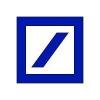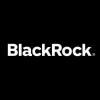 Deutsche Bank to develop Ethereum layer-2 blockchain to tackle TradFi compliance issues
Deutsche Bank to develop Ethereum layer-2 blockchain to tackle TradFi compliance issues Deutsche Bank to develop Ethereum layer-2 blockchain to tackle TradFi compliance issues
Project Dama 2 aims to address regulatory concerns by offering secure layer-2 blockchain solutions for financial institutions.
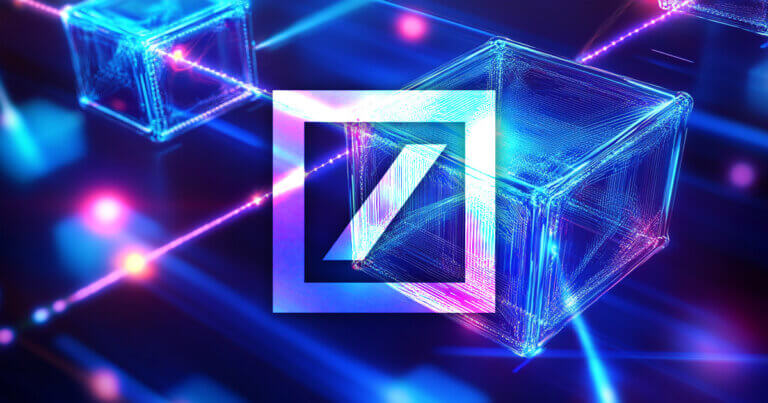
Cover art/illustration via CryptoSlate. Image includes combined content which may include AI-generated content.
Deutsche Bank is building a layer-2 blockchain based on Ethereum to solve the regulatory hurdles financial institutions face using public blockchains, Bloomberg News reported on Dec. 17.
The platform, dubbed Project Dama 2, represents the German banking giant’s attempt to harness blockchain technology’s potential while minimizing risks associated with public ledgers, which can often inadvertently transact with sanctioned entities or criminals.
The project, unveiled in November as a pilot, is designed to streamline asset servicing. It leverages ZKsync’s zero-knowledge proof (zkp) technology to offer cheaper and more efficient transactions.
Moreover, using zkp will enable enhanced privacy and customization for institutional users developing on Deutsche Bank’s proprietary blockchain. Crypto firms Memento Blockchain and Interop Labs are aiding the platform’s development.
Notably, Project Dama 2 is part of the Monetary Authority of Singapore’s Project Guardian, which signals a growing interest among traditional financial players in blockchain-based asset servicing and tokenization solutions.
JPMorgan executed its first transaction on a public blockchain in late 2022, also as part of Project Guardian, while Visa is exploring the tokenization of fiat currencies for traditional banks.
Meanwhile, traditional finance giants such as BlackRock and Franklin Templeton have tokenized money funds with a combined market cap of over $1 billion.
TradFi leveraging blockchain
Public blockchains offer immense efficiency for regulated lenders. Ethereum is the favored infrastructure by institutions, as it dominates 81% of the tokenization of real-world assets (RWA).
However, the report pointed out that these benefits come with uncertainty over who validates transactions, the possibility of transaction fees reaching sanctioned entities, and the risk of unforeseen blockchain hard forks that could disrupt operations.
The solution found by Deutsche Bank was adding its own layer-2 blockchain to the mix. Boon-Hiong Chan, Deutsche Bank’s Asia-Pacific industry applied innovation lead, stated:
“Using two chains, a number of these regulatory concerns should be able to be satisfied.”
As a result, Project Dama 2 connects to Ethereum while allowing the bank to sidestep some of the alleged risks inherent in public blockchains. By creating a curated list of transaction validators and offering tools to give regulators exclusive “super admin rights,” the bank hopes to provide a more secure and compliant blockchain experience.
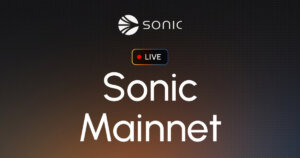
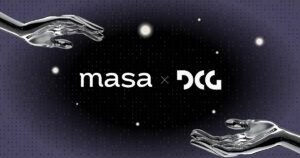


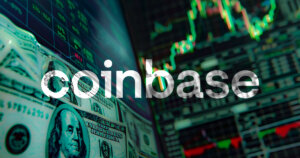

 Farside Investors
Farside Investors 













































































































